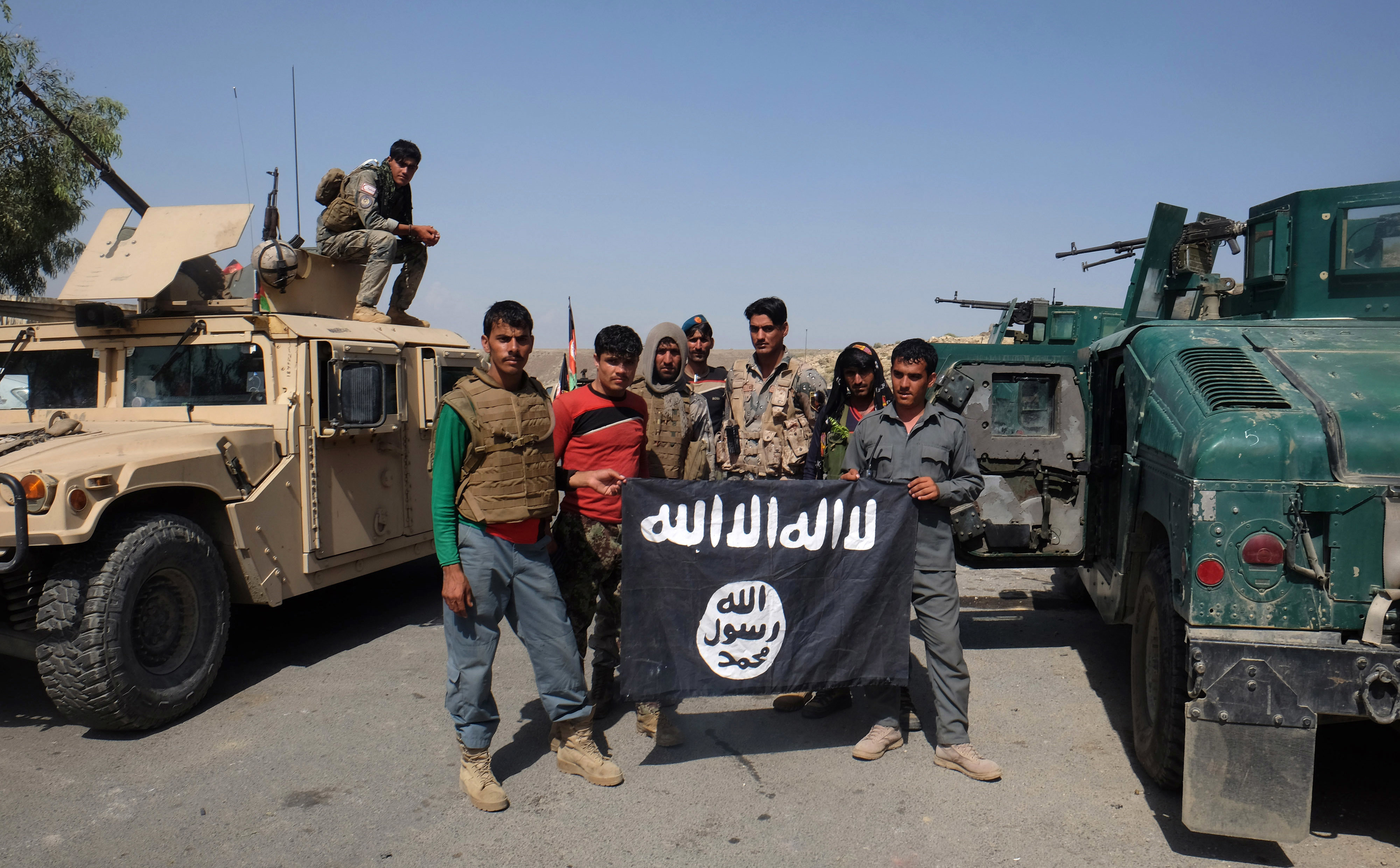The U.S. drone strike that killed the Islamic State group's commander for Afghanistan and Pakistan was the latest blow to the Middle East-led movement's ambitions to expand into a region where the long-established Taliban remain the dominant Islamist force.
The Islamic State group has enticed hundreds, perhaps thousands, of jihadi fighters in Afghanistan and Pakistan to switch loyalty and has held a small swath of territory in the eastern Afghan province of Nangarhar, where leader Hafiz Saeed Khan was killed on July 26 by a U.S. drone, Washington confirmed late Friday.
But outside that pocket of territory, security officials and analysts say that the group remains — for now — more of a "brand name" than a cohesive militant force in much of the region.


















With your current subscription plan you can comment on stories. However, before writing your first comment, please create a display name in the Profile section of your subscriber account page.